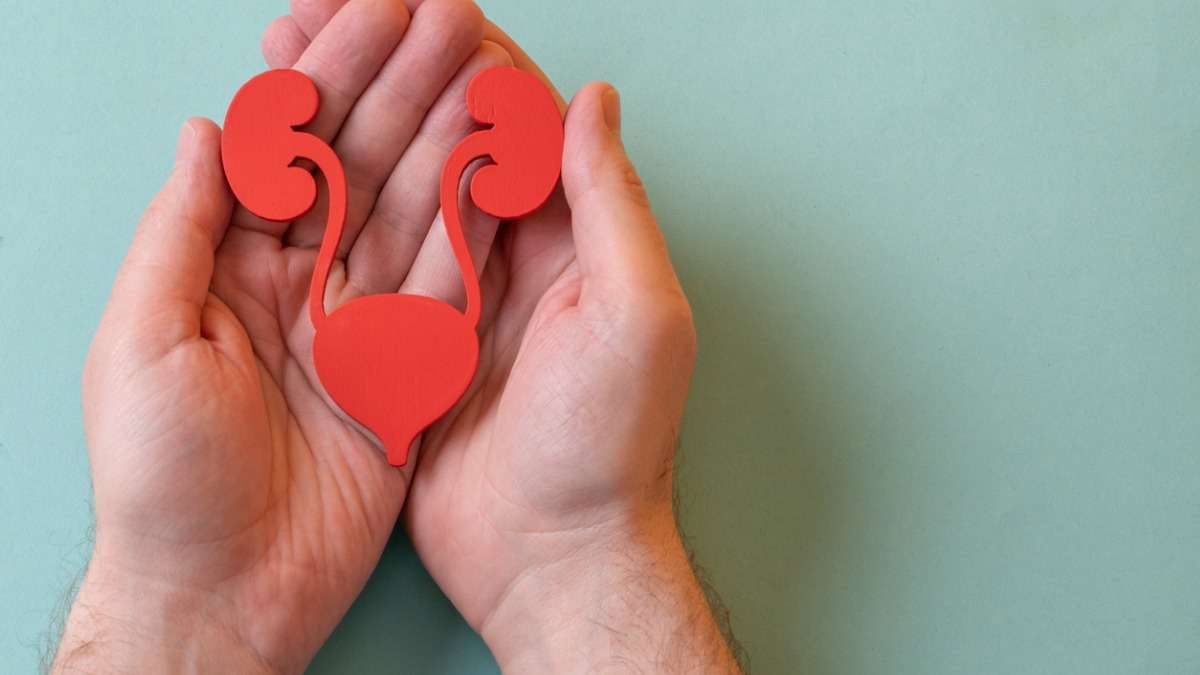
Bladder Health Concerns And Tips For Seniors
Everyone uses the bathroom. And everyone experiences changes in their bathroom habits as they age; some are typical signs of aging, while others may indicate something more serious. Assessing your bathroom habits is part of understanding your bladder health and knowing when something is worth sharing with your doctor. Discussing bathroom habits with your doctor can feel intimate, but understanding your bladder and its changes as you age is essential to maintaining your bladder health.
Understanding The Bladder
The bladder is part of the urinary tract and plays an essential role in eliminating the body’s waste. This balloon-shaped organ sits in the pelvis between the hip bones, acting as a reservoir to hold urine until you can release it in the bathroom.
As the bladder fills, it expands and extends into the abdominal cavity to hold up to two cups of fluids. When the bladder is full, it signals to the brain that it’s time to use the bathroom. As you urinate, the bladder muscles relax, and once it's empty, it contracts back into the pelvis.
Bladder Changes And Concerns For Seniors
Like nearly every other part of the body, the bladder changes with age. As you age, the elasticity of the tissue within the bladder becomes stiffer, and muscles start to weaken. Common age-related bladder changes include:
- Bladder capacity: not being able to hold as much urine, resulting in needing to urinate more often
- Decreased urinary flow: not being able to relieve as much urine when using the bathroom
- Diminished urethral pressure: not having as strong or steady of a stream of urine
Beyond age-related changes, age can also increase your risk for bladder health concerns such as urinary incontinence and infections. Signs and symptoms of a more serious bladder health concern include difficulty urinating, loss of bladder control, having a sudden need to urinate, and dark or bloody urine. If you’re experiencing any of these signs, you’ll want to talk to your doctor for a diagnosis and treatment options.
Tips For A Healthy Bladder
You can’t stop the bladder from aging and changing, but there are steps you can take to keep it healthy and functioning. Consider these tips for a healthy bladder from the National Institute on Aging.
- Use the bathroom when you need it. Holding your bladder can weaken the muscles and increase your risk of a bladder infection.
- Fully empty your bladder. Keep your body relaxed while you urinate, and ensure your bladder is empty before leaving the bathroom.
- Wipe front to back. Females should wipe front to back after urinating to keep bacteria from getting into the urethra and causing an infection.
- Strengthen your pelvic floor. Try some pelvic floor exercises (also known as Kegels) to strengthen the muscles surrounding your bladder.
- Wear breathable underwear. Tight clothes made with thick, non-breathable fabric can trap moisture and encourage bacteria growth.
- Stay hydrated. Drinking lots of water when trying to control your bladder can feel counter-intuitive, but staying hydrated is essential to your overall health and well-being.
- Understand your medications. Some prescription medications can affect your muscles and nerves and may lead to urine leakage.
How Visiting Angels Can Help
If getting to the bathroom quickly is becoming a challenge for you as you age, the team at Visiting Angels can help. Our compassionate caregivers provide dignified assistance to help seniors with personal tasks like toileting, showering, dressing, and grooming. Our caregivers can also provide mobility assistance and medication reminders for bladder health conditions.
Visiting Angels is a locally owned and operated home care agency dedicated to helping seniors age in place. Contact our Rockwall office to learn more about our at-home care services.
